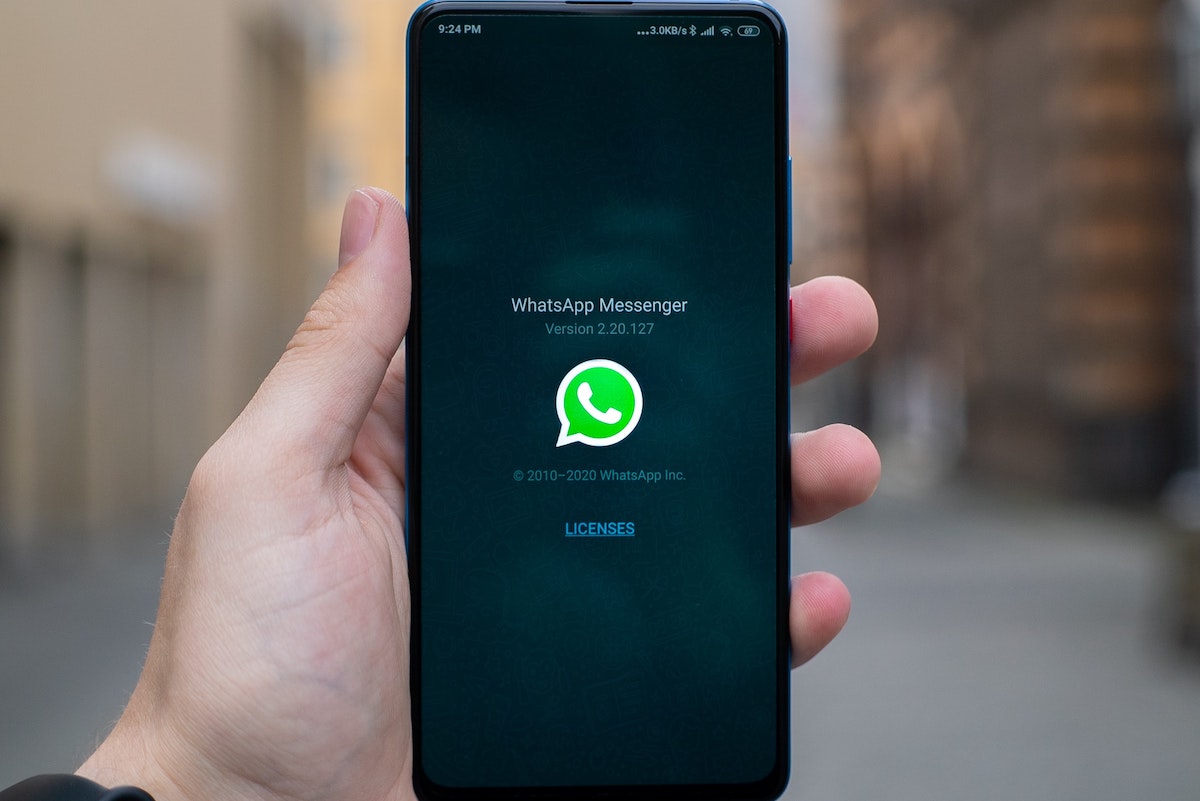To address the bottleneck in effectuating service of process in instances where individuals are evading service, the Indian courts have created an electronic means for service which now includes WhatsApp. A popular messaging app, WhatsApp has been added to email and fax as an alternate method of service should personal service not be able to be completed. Several cases have already used this option since its introduction with success.
Service Via WhatsApp in India
India has long recognized the value in electronic service of process in providing a reasonable way to get court documents to an evasive defendant. In 2002 they amended their Code of Civil Procedure 1908 to add electronic means of serving a summons. The courts have made it clear personal service will continue to be the initial attempt and electronic service can only be utilized once it has been made clear personal service isn’t viable.
India courts continued to build on this viewpoint with their inclusion of WhatsApp onto their list of acceptable electronic methods of service. Since the rule change, WhatsApp has been utilized in a number of cases including:
Property Partition Case – April 2017
Senior IAS officer Ashok Khema ordered that summons in a partition suit be served via WhatsApp. Read more here.
Copyright Infringement Case – April 2017
Justice Gautam Patel, of the Bombay High Court allowed the serving of summons through WhatsApp. Read more here.
Service on Defendant – May 2017
The Delhi High Court allowed the plaintiff to serve the summons on one of the defendants through WhatsApp, text message & email in Tata Sons Ltd & Ors. Vs. John Doe(s) & Ors.
Husband Served Via WhatsApp – March 2018
After failed attempts at personal service, counsel appealed for WhatsApp service. Submitted documents show the “double tick” on the messenger app meant the summons had been delivered.
Serving Defaulters Through WhatsApp
In June 2018 the court ruled defaulters could be served through WhatsApp in SBI Cards & Payments Services Pvt Ltd Versus Rohidas Jadhavå provided the double blue tick verifies the documents have been delivered. In the ruling, Justice G.S. Patel stated “I will accept this. I do so because the icon indicators clearly show that not only was the message and its attachment delivered to the Respondents number, but that both were opened.”
Since the ruling, HDFC Bank has served over 200 defaulters through WhatsApp and email.
Electronic Service of Process in India
India has laid the framework for an acceptable method of obtaining electronic service of process while protecting the personal service standard. Electronic service of process provides a way to get notices to individuals to ensure they can take action should they wish to do so. In the case of evasive defendants this means cases will not be delayed by an inability to serve a defendant.

